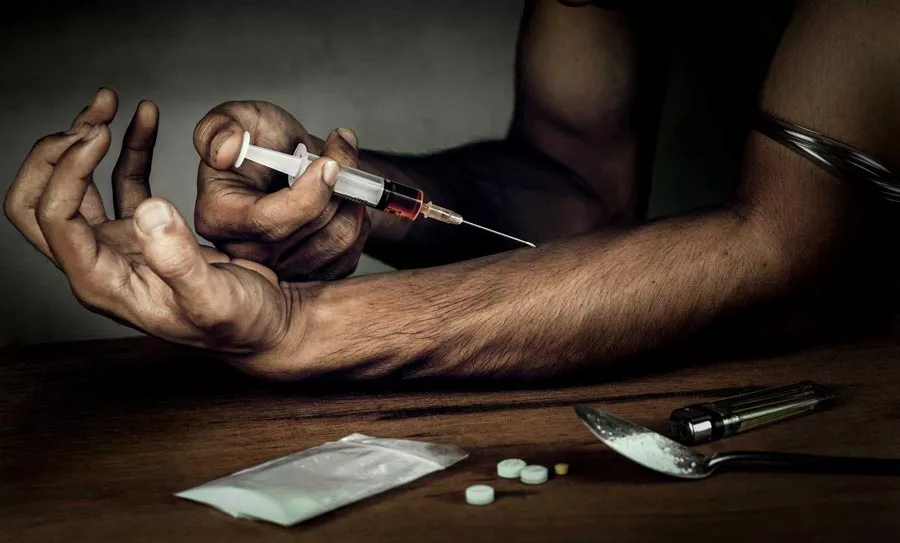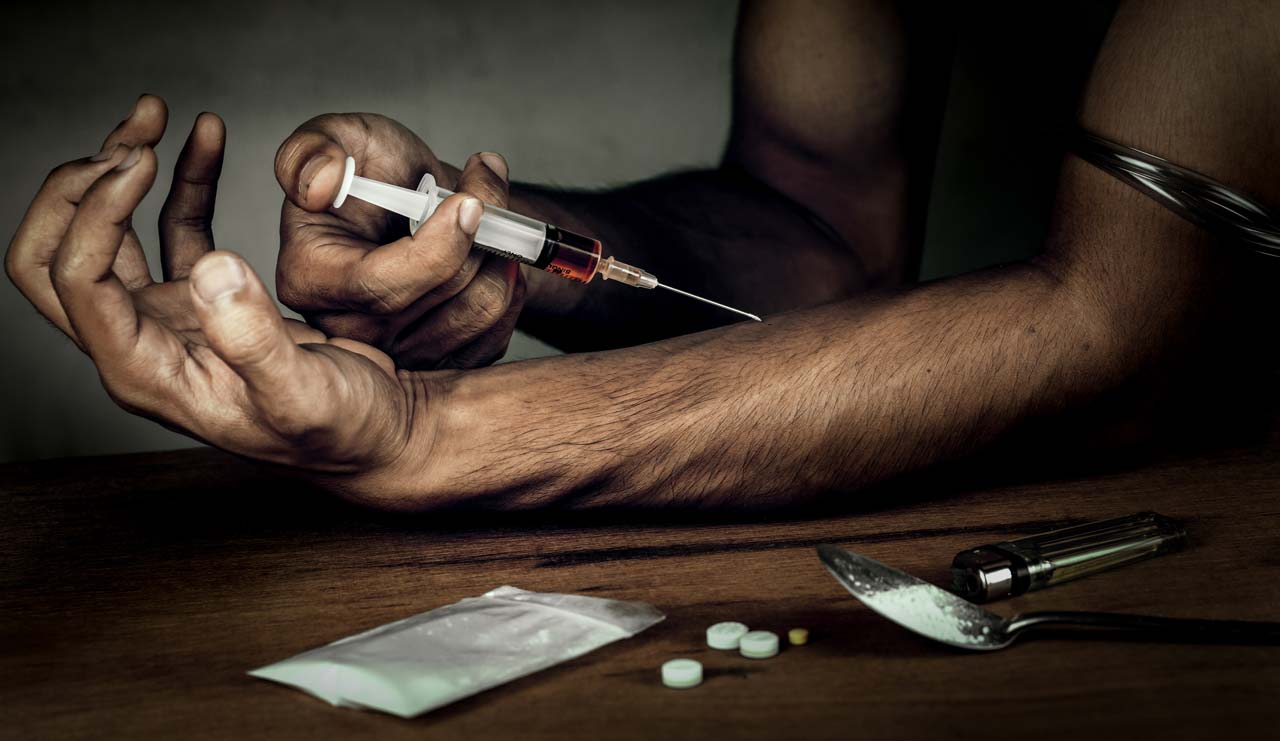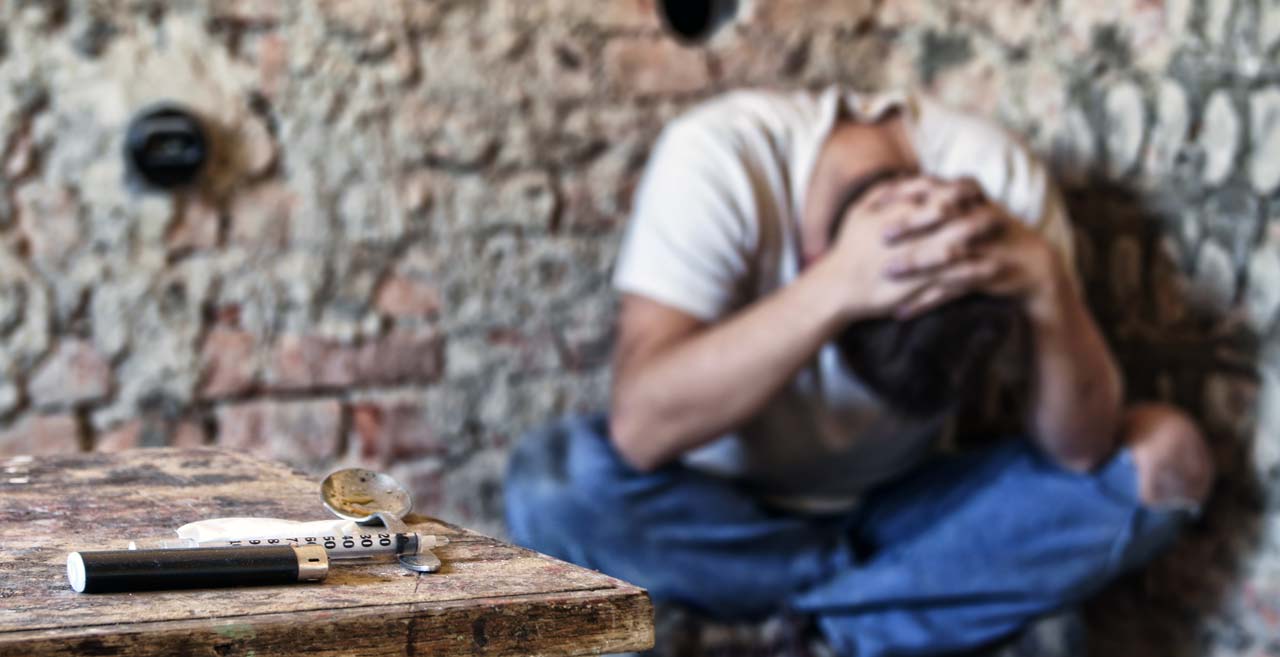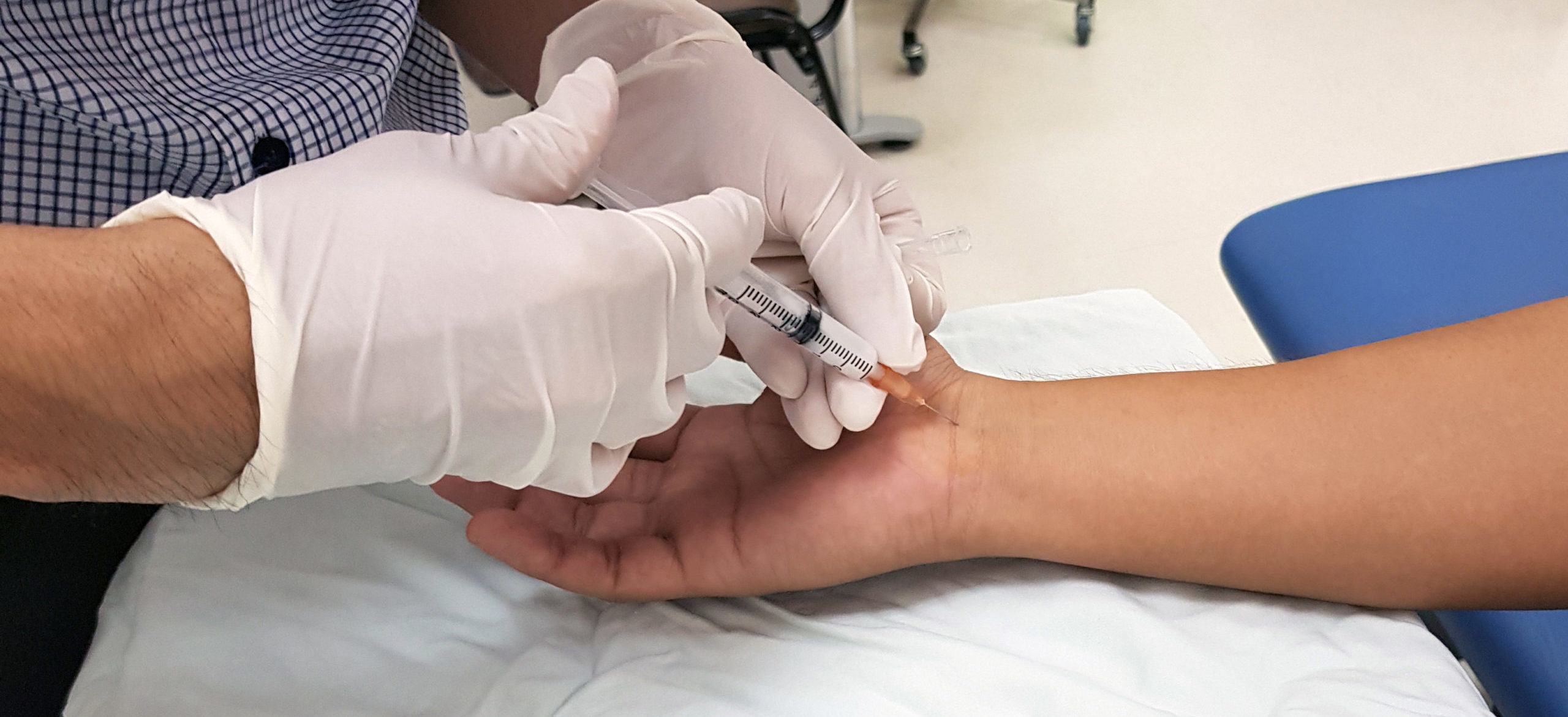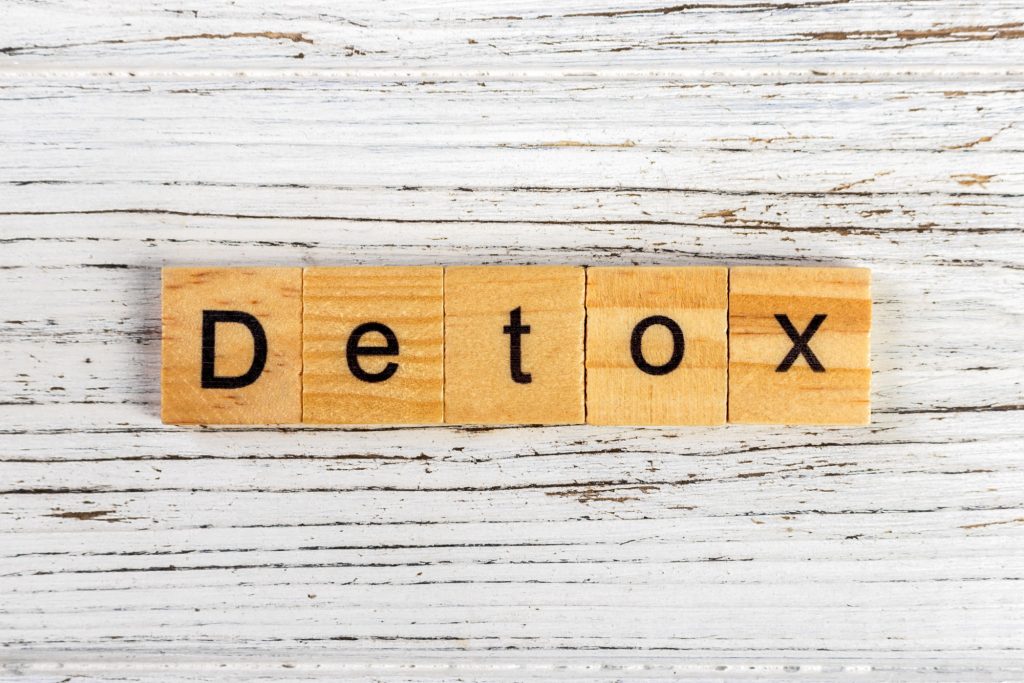Heroin is one of the most dangerous opiates on the market today. Usually found as a powder, many individuals use it as a recreational drug. In the past, opiates like heroin used to be used as painkillers. However, doctors realized that these substances have undesirable side effects like addiction with time. Heroin is a fantastic painkiller. It inhibits signals from reaching the brain, dulling the feeling of pain that may occur within the body.
Alongside this beneficial painkilling aspect, heroin also produces a sense of euphoria as it causes the body to dump a lot of dopamine into the brain. Dopamine is the chemical that makes a person feel good about accomplishing something. Unfortunately, this dopamine rush causes the brain to change itself to cope with it, leading to dependence and addiction.
The Stages of a Heroin High
Heroin highs happen in two different stages. In the first stage, there is a feeling of warmth, happiness, and euphoria that is associated with the spreading of the drug into the brain’s regions. This may only last a few minutes, and it’s the feeling that many heroin users yearn for. The second stage lasts a bit longer and is characterized by extended mild euphoria, sleepiness, relaxation, and pain relief.
This second stage of high lasts for between two to five hours. Eventually, the feeling dissipates, and the user starts feeling the need to use it again to chase that feeling. Why exactly does heroin do this to a person, and how does it work on a person’s brain and body?
What Does Heroin Do to You?
The brain is a mass of chemical interactions. The transmission lines for these interactions are known as receptors. The brain typically sends information between receptors by chemicals known as neurotransmitters. One set of these receptors is designed to accept chemicals like heroin, known as opiates or opioids.
Once a person takes an opiate-like heroin into their body, these receptors start collecting the molecules inside the bloodstream. The opioids are pain-blockers, making it harder to get a pain signal through to the brain. Unfortunately, the side effect of these opioids is a massive flood of dopamine, as mentioned before.
How does Heroin Work in the Brain?

This dopamine flood is far in excess of anything the brain usually has to cope with. As a result, it needs to adjust itself and reorient to deal with the new situation. It starts rewiring itself to function normally with such a large volume of dopamine in the body. This rewiring results in the body needing more dopamine to get the same effect, an adaptation known as tolerance.
A person who is tolerant to heroin needs more of the drug to get the same high they rode previously. The rewiring of the brain creates physical dependence on the drug, meaning that the brain can no longer operate normally without it in the bloodstream. Dependence is the first step towards addiction. The term addiction refers to a brain disease where a person’s dependence on a substance affects their ability to make cognitive decisions.
What Opioids Are Similar to Heroin in Effect?
Drugs produced from opium or the poppy plant itself are called opiates. Synthetic drugs that try to mimic the chemical properties of opium and its derivatives are known as opioids. Both of these types of drugs interact with the same systems in the brain. Their impact is similar to a great extent. Among the opioids that produce a similar effect as heroin when taken are:
- Fentanyl: Fentanyl is 80-100 times more potent than morphine, the precursor to heroin. It typically appears as pills, and gel capsules, resembling legitimate pharmaceuticals. Fentanyl is sometimes combined with other drugs, but it can kill on its own. It’s among the most dangerous synthetic opioids currently available.
- Prescription Drugs: Drugs such as codeine and oxycodone are synthetic opioids that have a similar action to heroin. These drugs were initially thought to be safe to use, leading to doctors prescribing them for chronic pain control. Thanks to this recklessness, there is a rising opioid crisis in the US as many of those prescribed developed an addiction.
- Morphine: Before heroin was discovered, the painkiller of choice was morphine. It was used to significant effect as a painkiller and featured as a staple in the second world war as a painkiller on the front lines. Unfortunately, its addictiveness made it unsafe for use, and it was quickly phased out, forcing individuals addicted to it to find another drug to use.
How Long Does Heroin Stay in Your System?
Heroin doesn’t have a very long life within the body. Some experts agree that heroin’s half-life (the amount of time it takes for half the substance to be used) is about thirty minutes in an adult. While the drug is quickly in and out of the body, the effects that it produces can linger for hours. The initial hit, as explained above, brings that feeling of euphoria, with the secondary high and painkiller functionality coming later.
Concerns in Drug Testing for Heroin
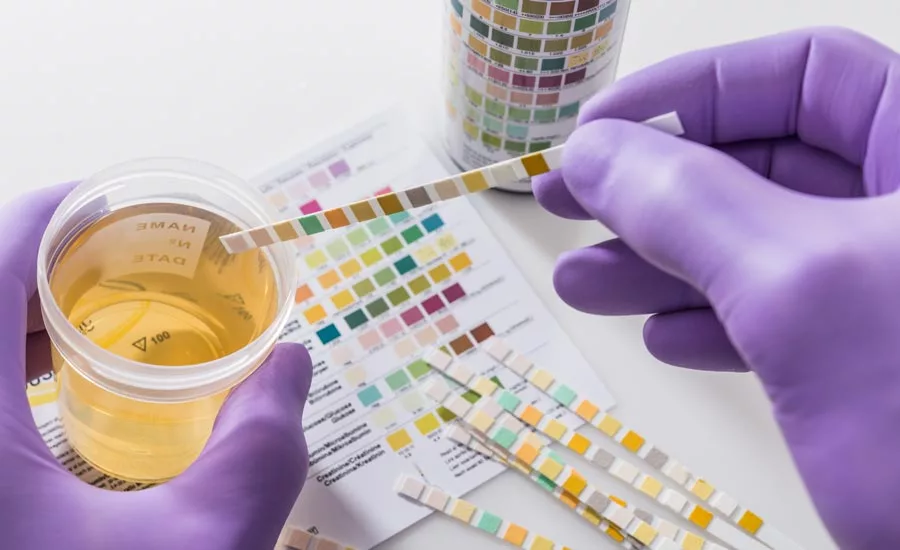
Tests for heroin typically avoid looking for the drug in the bloodstream since it’s metabolized so quickly. However, it does linger in the body in the urine. If a person uses heroin, it may be present in trace amounts in their urine for up to two days afterward, although sometimes it may be excreted within six hours.
Urine is the most convenient test to find heroin over a period, but hair follicles can be just as helpful. If a person takes heroin, it can be detected in a hair follicle for up to three months after their last use. Newer tests have built upon these successes and can see heroin use in a person longer than three months, possibly up to six. This makes it extremely difficult to get away with taking the substance recreationally.
Factors That Affect a How Long A Heroin High Lasts
No two people who take heroin get the same feelings. Each person’s brain is built differently, but the brain structure isn’t the only thing that affects how long a heroin high lasts. Several factors can affect the length of a high, including:
- Method of taking the drug: Injecting the drug into the bloodstream is the fastest way to get high, but it also results in the quickest removal of the drug from the bloodstream. Snorting or smoking the drug has a more extended high but takes longer to get there and back.
- How potent the drug is: Most manufacturers of heroin these days are illegal labs with no quality control. The drug batches they produce will vary in concentration, which affects the intensity of a person’s feelings.
- Amount of drug taken: The more drugs a person takes, the more intense the high is and the longer it lasts. Taking higher doses leads to more extreme highs but also runs the risk of overdosing on the drug.
- Tolerance: As mentioned before, tolerance impacts the feeling of euphoria. The more tolerant to the drug a person is, the more difficult it is for them to get high from it.
- Combination with other substances: Using heroin alongside other drugs can increase the feelings of euphoria, but it could also increase the risk of the body failing. Polydrug use carries a severe risk of life-threatening malfunctions and potentially death.
What Does It Feel Like When Heroin Wears Off?
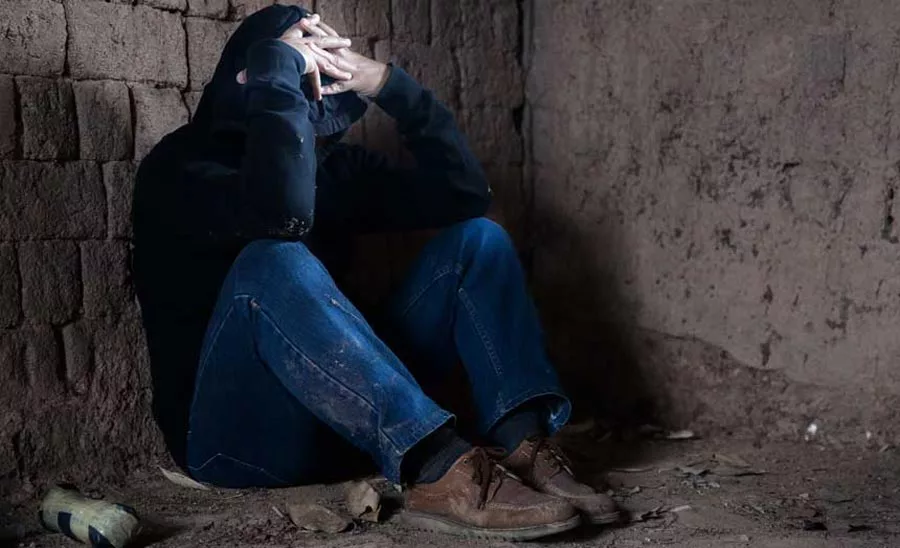
Heroin is an addictive substance, and addiction stems from dependence. When someone uses the drug and comes off it, they immediately want to use it again. Part of that reason is because of the withdrawal symptoms that are typical of heroin and opiate use. Withdrawal symptoms are the body’s way of convincing a person to keep using the drug because the brain needs it to remain functional. Withdrawal occurs when a person cannot get the drug. The longer they go without it, the more intense the withdrawal symptoms get. However, the only way to break the physical dependence on the drug is to go through withdrawal.
Controlled Withdrawal through Heroin Detox
It is best to enter a facility that deals specifically with detoxification if you intend to quit using the substance. Heroin detox is a controlled form of withdrawal, usually monitored by medical health professionals. In some rare cases, heroin withdrawal can severely impact the body and lead to life-threatening situations. While these incidents are rare, it’s always better to have a trained team present to deal with complications if they arise.
Those who aren’t dependent on the substance will likely feel a bit tired when the drug finally wears off. Heroin promotes sleepiness and relaxation in a person, so it takes some time for their brain to recover and return to normal functioning. A non-dependent person won’t have withdrawal symptoms if they stop using the drug, and they can quit any time they feel like it. However, just because they’re not dependent on the substance doesn’t mean they won’t want to use it again. Addiction is not just dependence, which is a physical condition. Addiction also has a psychological component that pushes a person to use it.
Long Term Effects of Chasing A Heroin High
Chasing a heroin high can profoundly impact a person’s personal and professional life. Among the most impactful effects that chasing heroin can have on a person are:
- Legal costs: Heroin is a controlled substance in many countries worldwide. If held with the substance, a person will face legal charges and require a lawyer to represent them. Additionally, public legal records will indicate their drug use, which may impact their chances of landing a job in the future.
- Destruction of relationships: Heroin dependence can lead to someone neglecting their family. A person addicted to heroin will seek out the drug above all other responsibilities, including those of a family. This inevitably leads to relationship disintegration and loss of trust within the family unit.
- Physical and medical issues: Heroin can lead to several physical and mental problems. Using the drug often can have side effects, including collapsed blood vessels, insomnia, liver and kidney disease, and heart infections, to name just a few.
- Potential overdose: As mentioned above, a person who is tolerant to the drug will need to take more of it to get the same high. Unfortunately, this usually means that there’s a real danger of overdosing on the drug.
Heroin is a dangerous substance, not just because it can lead to death but also because of the other related damages it can cause to a person’s life. In many cases, a person recovering from heroin addiction has to rebuild their life all over again.
Helping Someone Seek Treatment for Heroin Use
Sometimes, a person may not even be aware that they’re addicted to the substance. Typically, these people mention that they can stop anytime they want, even though it’s evident that this isn’t the case. In such a case, the person’s loved ones may need to step in and help them understand they have a problem.
Heroin use can be easy to hide, but a person dependent on the substance starts showing obvious signs of addiction over time. Behaviors such as avoiding social events, becoming reclusive, and no longer enjoying hobbies that they used to are good signs that they may be hooked on drugs.
Interventions are a dangerous way to approach helping someone with heroin addiction. In some cases, however, it may be the only way. The more viable method of helping someone is to guide them towards understanding they have a problem. They need to decide that they want to quit, or else rehab and recovery won’t be able to help them.
Treatment For Heroin Abuse and Addiction at Best Rehabs In Arizona
Best Rehabs In Arizona Recovery has helped hundreds of people recover their lives from heroin and opioid addictions. Our well-trained staff is knowledgeable in treatment options and can help you find a course that’s right for your problem.
Communal areas for detox and inpatient/outpatient treatment allow us to cater to a wide range of clients. Our flexible payment options ensure that no one is left out. If you or your loved one needs the support and care of a rehab facility, contact us today. We’d be more than happy to lend a hand.

